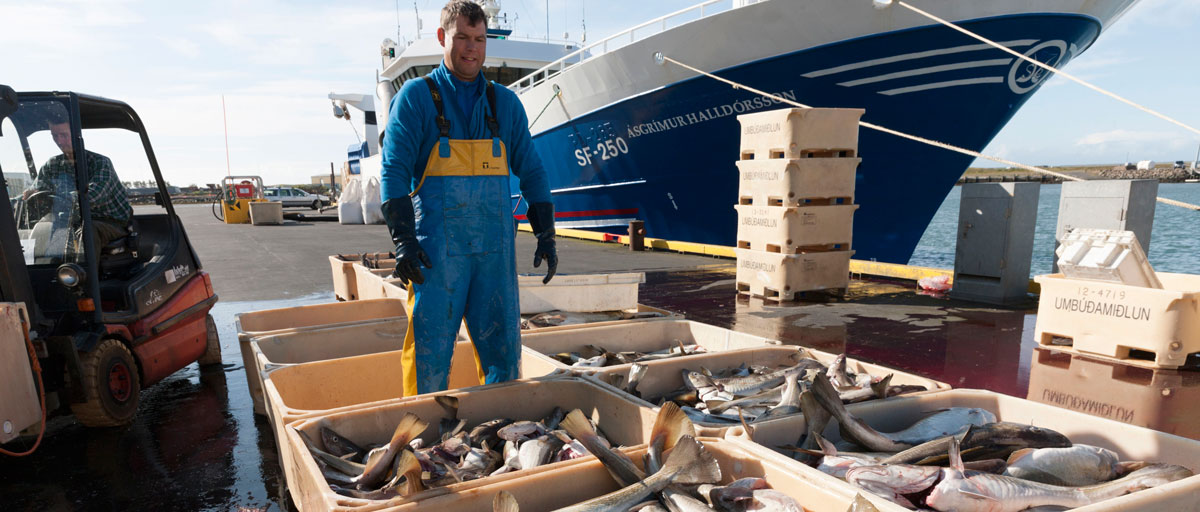Management forcing increased specialization in a fishery system
Summary
Fisheries systems are shaped by dynamic social-ecological interactions that determine their capacity to provide ecosystem services. Human adaptation is often considered a key uncertainty, and there are few quantitative empirical analyses that address long-term social and ecological change in the analyses of fisheries systems.
The aim of this study was twofold: (i) to understand how different drivers influenced the adaptations by fishers, and (ii) to evaluate different consequences of such adaptations, especially with regard to diversity of social and ecological links.
We used the Baltic Sea as a case study, a system with different fisheries, largely managed with a single-stock advice, in a top-down basis. The study period 1995–2009 was characterized by profound inter-annual fluctuations in fish stock status and prices, and introduction of new types of management measures.
We used multivariate statistical methods to define longitudinal changes in fishing tactics and strategies based on logbook data. Our results indicate that changes in fishing strategies have mainly been driven by regulations, and there were only weak linkages between fishing activities, fish stocks, and price fluctuations.
We found contrasting trends between large- and small-scale fishers, where large-scale fishers became more specialized and inflexible, whereas small-scale fishers diversified over time.
We conclude that management has had a dominating role in shaping fishing patterns, leading to a reduction of important qualities related to the resilience in this social-ecological system.







